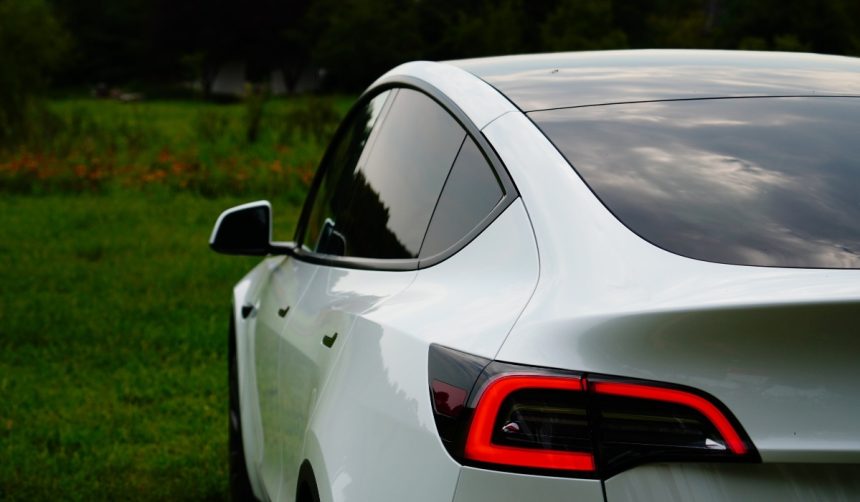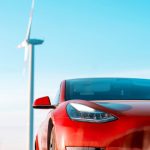Major shareholders are casting light on corporate governance as Norway’s sovereign wealth fund, Norges Bank Investment Management (NBIM), opposes Elon Musk’s proposed 2025 performance award at Tesla. This decision places NBIM at odds with some other stakeholders and brings scrutiny to executive compensation at one of the world’s most closely watched automakers. Tensions between investors, leadership, and external advisory groups are mounting, as the outcome of this vote will set a precedent for high-value executive pay deals. Complex relationships between Tesla’s largest shareholders, boardroom policies, and Musk have often emerged in public discussions, shaping how accountability is managed at mega-cap firms.
NBIM’s current stance is consistent with its previous approach to Tesla’s compensation practices, signaling enduring reservations about Musk’s financial incentives. Last year, NBIM also voted against reinstating Musk’s 2018 pay package. Public records indicate exchanges between Musk and NBIM’s CEO, revealing deeper personal and professional disagreements. Institutional recommendations from groups such as Institutional Shareholder Services and Glass Lewis continue to reflect concerns about the potential risks associated with large single-person incentives and governance policies, while support for Musk’s proposals among some investors suggests a persistently split opinion within Tesla’s shareholder structure.
What Motivates NBIM’s Opposition?
Norway’s sovereign wealth fund, holding 1.14% of Tesla shares valued at $11.6 billion, has voted against the proposed 2025 CEO pay package over several concerns. The fund cited the size of the award, the risk that it could dilute other shareholders’ stakes, and the absence of safeguards if Musk were to step back from his executive duties.
“We are concerned about the total size of the award, dilution, and lack of mitigation of key person risk,”
NBIM stated, underscoring anxieties over how such a large grant could affect corporate stability and shareholder value.
How Are Other Shareholders Responding?
Investor reaction remains mixed. Third-party advisory firms such as Glass Lewis and Institutional Shareholder Services have recommended a vote against the proposal, citing similar issues raised by NBIM. At the same time, funds including ARK Invest and the State Board of Administration of Florida have thrown their support behind the deal, arguing that the performance award aligns Musk’s incentives with ambitious company goals. Activist campaigns like “Take Back Tesla” further illustrate the contest for influence among Tesla’s large and diverse shareholder base.
What Happens at Tesla’s Shareholder Meeting?
The final decision regarding Musk’s compensation will be made at Tesla’s annual shareholder meeting. If approved, the pay package could grant Musk stock options worth up to $1 trillion over the next decade, contingent on Tesla achieving an $8.5 trillion market capitalization and other targets. The proposal’s approval would increase Musk’s ownership to 25% of Tesla’s shares.
“We will continue to seek constructive dialogue with Tesla on this and other topics,”
a statement from NBIM noted, suggesting ongoing engagement regardless of the meeting’s outcome.
The debate around Tesla CEO compensation highlights enduring challenges in governing large, founder-led technology firms. When measured against historical responses, NBIM’s decision aligns with its broader stance on executive pay packages and underlines a persistent tension in balancing innovation incentives with risk mitigation. Looking at other high-profile CEO awards in US corporate history, similar divisions among shareholders have played out, leading to ongoing re-evaluations of how much compensation is justified by corporate performance. Shareholders who favor more stringent oversight often point to the risk concentration in single-person leadership roles, particularly at companies led by influential figures like Musk.
Companies with active, high-profile founders such as Tesla face unique hurdles in designing executive compensation that satisfies both governance standards and growth ambitions. Investors confronted with such proposals should consider both the magnitude of pay and the company’s capacity to retain visionary leaders under appropriate checks and balances. For those following Tesla, understanding the nuances behind each major shareholder’s decision can provide valuable insight into broader trends in corporate governance and shareholder activism.
- Norway’s NBIM voted against Elon Musk’s 2025 Tesla performance award.
- The fund flagged concerns on award size, dilution, and key person risk.
- The final decision rests with shareholders at Tesla’s annual meeting.










